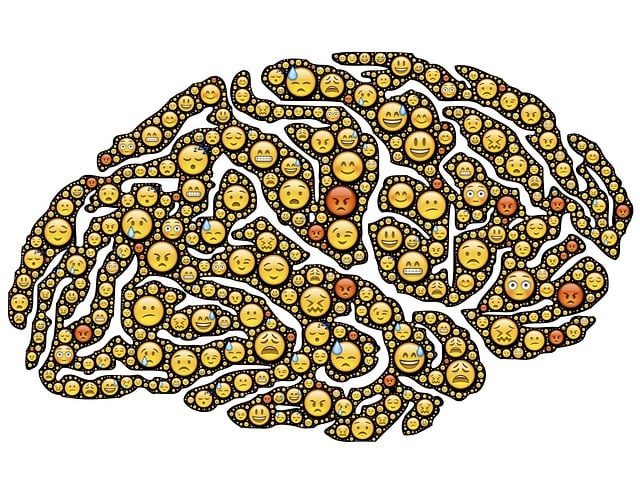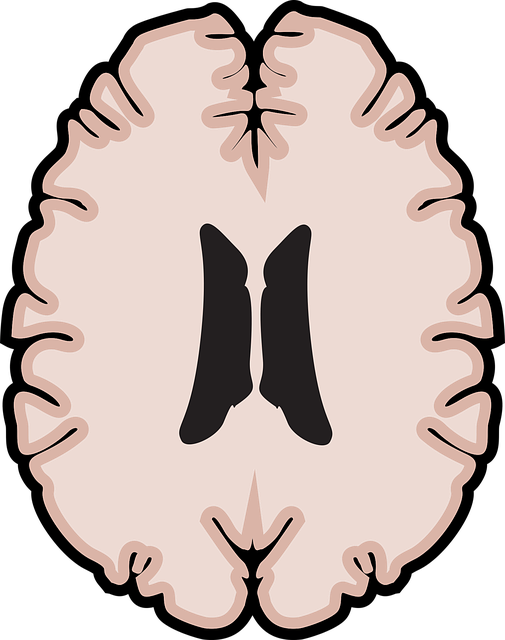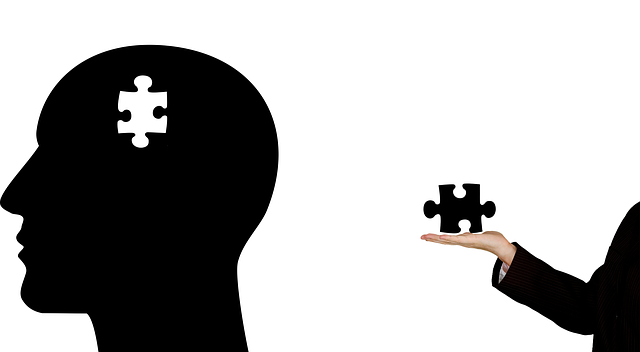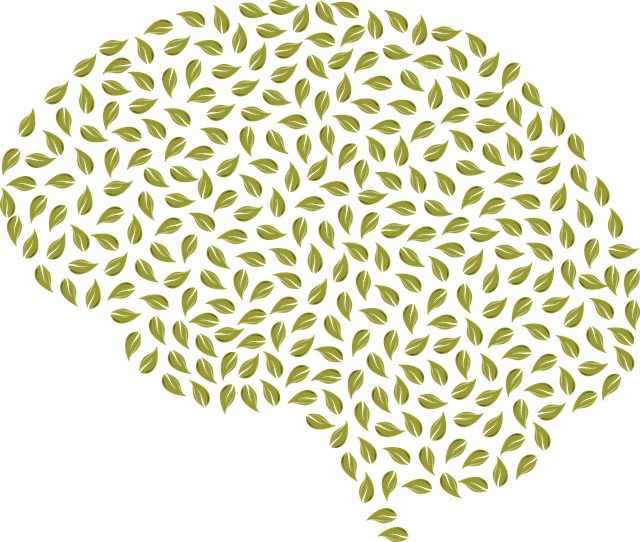Dissociative Disorder in teens is a complex mental health condition caused by trauma, characterized by detachment from reality and emotions, impacting daily life. Effective management includes tailored Cognitive-Behavioral Therapy (CBT) focusing on emotional intelligence, mindfulness practices to promote self-awareness, and exposure therapy for desensitization. A holistic approach combining self-care, support systems, and reducing stigma is crucial. Specifically, CBT, mindfulness, and exposure therapy empower teens to challenge negative thoughts, process trauma, and regain control over their lives.
Anxiety among adolescent teens can be overwhelming, sometimes manifesting as dissociative disorder. This comprehensive guide explores effective anxiety management techniques tailored specifically for teens. We delve into the symptoms and causes of dissociative disorder in teens, offering insights that foster understanding. Key therapies such as Cognitive-Behavioral Therapy (CBT), mindfulness practices, exposure therapy, and building resilience through lifestyle changes and support systems are detailed. Discover practical steps to help teen navigate and overcome anxiety with these proven approaches.
- Understanding Dissociative Disorder in Teens: Symptoms and Causes
- Cognitive-Behavioral Therapy (CBT): A Powerful Tool for Anxiety Management
- Mindfulness Practices for Reducing Teen Anxiety
- Exposure Therapy: Facing Fears Head-On
- Building Resilience: Lifestyle Changes and Support Systems for Overcoming Anxiety
Understanding Dissociative Disorder in Teens: Symptoms and Causes

Dissociative Disorder in Teens is a complex mental health condition that often goes unrecognized. It’s characterized by a disconnection from reality, memory, and emotions, leading to a distorted sense of self. Adolescent teens experiencing this disorder may exhibit symptoms such as detached feelings from their bodies, a fragmented perception of time and place, or even alternate personalities. These symptoms can significantly impact daily functioning, social interactions, and academic performance.
The causes of Dissociative Disorder in Teens are multifaceted, often stemming from traumatic experiences like severe abuse, neglect, or sudden loss. Emotional Intelligence plays a crucial role in understanding and managing these symptoms. Through therapy, especially tailored for adolescent teens, professionals can facilitate Emotional Healing Processes, helping them develop resilience and coping mechanisms. Resilience Building is key to managing the disorder, as it equips teens with the tools to navigate their emotional landscape effectively.
Cognitive-Behavioral Therapy (CBT): A Powerful Tool for Anxiety Management

Cognitive-Behavioral Therapy (CBT) has established itself as a powerful tool in managing anxiety, especially among adolescent teens grappling with dissociative disorders. This evidence-based approach focuses on identifying and altering negative thought patterns and behaviors that contribute to anxiety. CBT empowers individuals by teaching them to challenge distorted beliefs and replace them with more realistic, balanced perspectives.
For adolescents experiencing dissociation—a common symptom of trauma—CBT offers a safe space to process traumatic memories and develop coping mechanisms. Through empathy-building strategies, therapists help teens understand their experiences, fostering a sense of safety and control. This therapeutic approach, combined with trauma support services and community outreach program implementations, provides comprehensive care tailored to each teen’s unique needs, ultimately enabling them to manage anxiety effectively and rebuild their lives.
Mindfulness Practices for Reducing Teen Anxiety

Mindfulness practices have emerged as a powerful tool in anxiety management, particularly for adolescent teens navigating mental health challenges such as dissociative disorders. These techniques encourage individuals to focus on the present moment, observing their thoughts and emotions without judgment. Through mindfulness meditation and breathing exercises, teens can learn to recognize when they’re feeling anxious and intervene early. This proactive approach not only helps to manage symptoms but also fosters a sense of self-awareness and resilience.
Integrating mindfulness into therapy for adolescent teens with dissociative disorder can significantly improve their overall mental wellness. Mental health professionals play a crucial role in teaching these practices, often as part of a holistic treatment plan that may include risk assessment and mental wellness coaching programs development. By integrating these strategies into daily routines, teens can better cope with stressors and maintain a sense of calm, contributing to improved mental health policy analysis and advocacy on their behalf.
Exposure Therapy: Facing Fears Head-On

Exposure therapy is a powerful technique that encourages individuals to confront their fears head-on. This approach is particularly beneficial for adolescent teens suffering from dissociative disorders, offering them a chance to reclaim control over their lives. By gradually and safely exposing oneself to anxiety-provoking situations or objects, individuals can learn to manage and reduce their fear responses.
This therapy involves creating a structured environment where patients face their fears in a controlled manner. Over time, this process helps to desensitize the individual, making it easier to cope with challenging situations. Social skills training and communication strategies often accompany exposure therapy, fostering better interaction and understanding within a supportive network that is crucial for positive mental health policy analysis and advocacy.
Building Resilience: Lifestyle Changes and Support Systems for Overcoming Anxiety

Overcoming anxiety requires a multifaceted approach, and building resilience is a key component. For adolescent teens struggling with dissociative disorders or other forms of anxiety, making positive lifestyle changes and fostering strong support systems can significantly enhance coping mechanisms. Self-care practices such as regular exercise, mindfulness meditation, and adequate sleep play a crucial role in managing stress levels. Incorporating these activities into daily routines helps improve mental health awareness and reduces the impact of anxious thoughts.
In addition to individual efforts, surrounding oneself with supportive individuals is vital. Whether it’s family, friends, or professional therapy for adolescent teens, having a strong support network provides comfort and guidance during challenging times. Mental illness stigma reduction efforts also contribute to creating an understanding environment, encouraging open conversations, and promoting access to effective treatments like those tailored for dissociative disorder management.
Anxiety management is a multifaceted journey, especially for adolescent teens dealing with dissociative disorders. By combining cognitive-behavioral therapy (CBT), mindfulness practices, exposure therapy, and building resilient lifestyle changes and support systems, teens can effectively navigate and overcome their anxiety. Remember that seeking professional help tailored to individual needs, such as specialized therapy for adolescent teens with dissociative disorder, is a crucial step towards lasting mental well-being.














